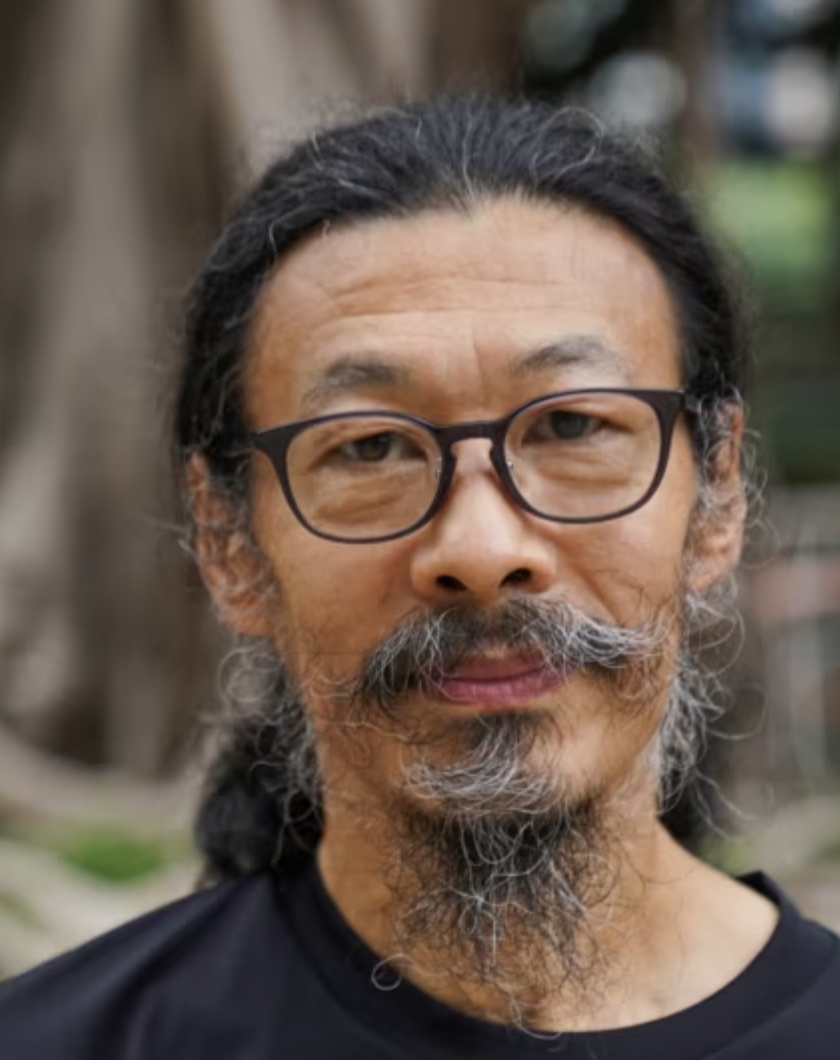
China Labour Bulletin Report Series on Trade Union Reform
On June 12, 2025, the Hong Kong–based NGO China Labour Bulletin (CLB) announced its dissolution. This marks yet another Chinese civil society organization that ceased operations following the implementation of the Hong Kong National Security Law. Founded in 1994, CLB was dedicated to promoting the Chinese labor movement and had long focused on labor rights in China. Headquartered in Hong Kong, its founder Han Dongfang was a workers’ leader during the 1989 Tiananmen Democracy Movement and one of the founders of the Beijing Workers’ Autonomous Federation.
Over the years, China Labour Bulletin published dozens of reports in Chinese and English on China’s labor movement, addressing issues related to migrant workers, food delivery couriers, women workers, child labor, coal mining, and pneumoconiosis, among others. Following the organization’s dissolution, the China Labour Bulletin website was also taken offline.
In response, the China Unofficial Archives website immediately downloaded and preserved 80 Chinese- and English-language reports from the site. The following 18 reports are studies concerning trade union reform in China.

China Labour Bulletin
China Labour Bulletin (CLB) is a non-governmental organization dedicated to monitoring the Chinese labor movement and advocating for workers' rights. Headquartered in Hong Kong, it was founded by Han Dongfang, a workers’ leader during the 1989 Tiananmen movement. The organization announced its dissolution on June 12, 2025, citing financial reasons. However, many believe the shutdown was related to the increasingly restrictive political environment in Hong Kong following the enactment of the National Security Law. For many years, the China Labour Bulletin website was blocked by China’s Great Firewall and inaccessible from the mainland.

Han Dongfang
Han Dongfang (1963-) is a Chinese labor activist. He participated in the founding of the Beijing Workers' Autonomous Federation (BWAF) during the 1989 democracy movement, and is the founder and director of China Labor Bulletin, an NGO dedicated to advocate democracy and workers’ rights in China.
Originally from Shanxi, Han Dongfang was born in Beijing. After graduating from high school in 1980, he joined the army and was assigned to work as a prison guard in Beijing. Disillusioned by corruption in the military, he began increasingly to question the orders he received. As a result, he was passed over for promotion, and repeated applications to join the Chinese Communist Party were turned down. After leaving the army, he worked briefly in the library of Beijing Normal University, and in 1984 he joined the Beijing Railway Bureau as an electrician.
In 1989, he participated in the Tiananmen Square protests and, together with other workers, founded the Beijing Workers' Autonomous Federation, an autonomous workers' organization as an alternative to the Party-controlled All China Federation of Trade Unions.
On the evening of June 3, the PLA carried out an armed crackdown on the protesters. The BWAF was later recognized as an illegal organization, and its leaders were identified as “main instigators and organisers of the counter-revolutionary rebellion,” making Han Dongfang one of the most wanted men of the government. Han later surrendered to the police and was imprisoned without trial for 22 months. In April 1991, he was released on medical parole for tuberculosis, and underwent a year of treatment in the United States. He returned to China on August 15, 1993, and was immediately arrested in Guangzhou, and deported to Hong Kong, where Han has since settled.
In 1994, Han founded the China Labour Bulletin (CLB), an organization dedicated to promoting workers' movement in China. CLB monitors factory conditions in China, helps workers defend their rights, and helps domestic labor NGOs intervene in strikes and collective bargaining. In the face of China's repressive political system, Han insists on trying to persuade branches of the All China Federation of Trade Unions to negotiate on behalf of workers. In the event of a violation of workers' rights, Han calls local union officials to try to get them to take action.
As the space for civil society in China continues to narrow, labor activists are subject to constant surveillance, harassment, and arrest. In a <a href="https://cn.nytimes.com/china/20241111/china-labor-rights-han-dongfang/">2024 interview with <i>The New York Times</i></a>, Han Dongfang said he was sure that China's State Security Department and Hong Kong's National Security Police were watching his office. But, he said, “I'd rather go public than hide.”
In 2011, CLB launched a website to share information about workers’ situation and activism in China and other countries. Over the next 15 years, it published dozens of reports in English and Chinese on the situation of workers in China, their collective action, as well as research on trade union reform. The site also features a strike map and a map of workplace injuries. Han Dongfang has also hosted a radio program on Radio Free Asia's Mandarin channel, featuring interviews with Chinese workers and union officials. Due to official censorship, CLB’s website has been blocked in mainland China.
CLB announced its dissolution on June 12, 2025. The dissolution statement stated that it was due to financial problems, but some people believe that its closure was related to the increasingly tight political environment in Hong Kong after the Hong Kong National Security Law. The day after the announcement, the organization's website has since become inaccessible.
















